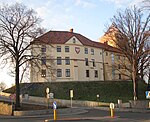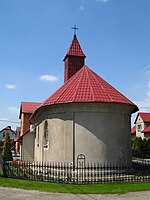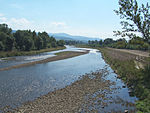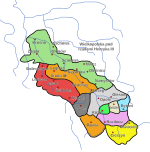Primo Levi
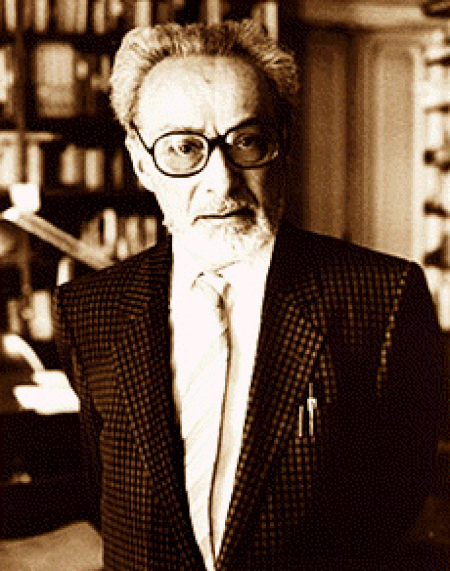
Primo Michele Levi (Italian: [ˈpriːmo ˈlɛːvi]; 31 July 1919 – 11 April 1987) was an Italian chemist, partisan, writer, and Jewish Holocaust survivor. He was the author of several books, collections of short stories, essays, poems and one novel. His best-known works include If This Is a Man (1947, published as Survival in Auschwitz in the United States), his account of the year he spent as a prisoner in the Auschwitz concentration camp in Nazi-occupied Poland; and The Periodic Table (1975), a collection of mostly autobiographical short stories each named after a chemical element as it played a role in each story, which the Royal Institution named the best science book ever written.Levi died in 1987 from injuries sustained in a fall from a third-story apartment landing. His death was officially ruled a suicide, but some, after careful consideration, have suggested that the fall was accidental because he left no suicide note, there were no witnesses, and he was on medication that could have affected his blood pressure and caused him to fall accidentally.
Excerpt from the Wikipedia article Primo Levi (License: CC BY-SA 3.0, Authors, Images).Primo Levi
Stara Droga,
Geographical coordinates (GPS) Address Phone number Website Nearby Places Show on map
Geographical coordinates (GPS)
| Latitude | Longitude |
|---|---|
| N 50.036094 ° | E 19.275534 ° |
Address
Synthos Dwory 7 Sp. z o.o. S.K.A.
Stara Droga
32-642 , Monowice
Lesser Poland Voivodeship, Poland
Open on Google Maps


